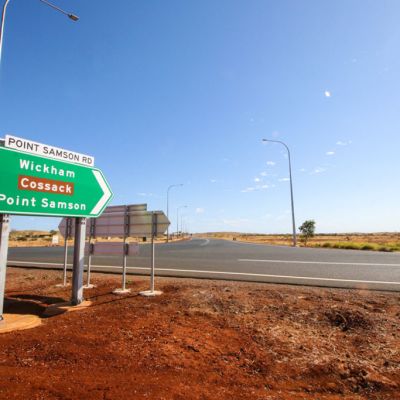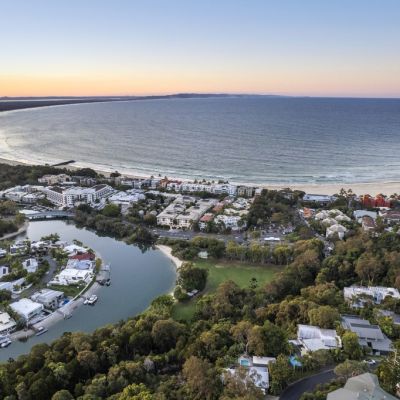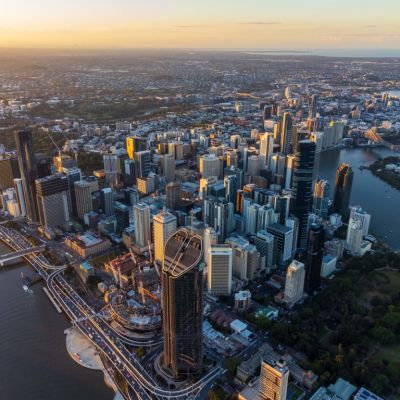'Next-level' Queenslander reno obsession: The $60k homes now worth millions
A new breed of buyers obsessed with Queenslander houses is bypassing traditional renovations for complete rebuilds and architectural transformations, signalling what agents are describing as a “new era” for Brisbane’s iconic timber homes.
Queenslanders were once “just renovated”, says Darcy Lord of Place Estate Agents. Now, he says, the surge in people buying Queenslanders and ploughing millions of dollars into achieving what is far more of a rebuild than a renovation has gone “next level”.
“Sure, some Queenslanders are still getting ‘just renovated’,” he says. “But Brisbane has shot way past that.
“The calibre of the person who does these houses properly has so much more money. Only a few years ago, we would’ve never had the equity – or actually the confidence – yet here we are.
“What’s also really important to understand here is that we’re not just seeing this happen here and there. This is happening, non stop, absolutely everywhere. Incredible rebuilds of these old houses, huge money spent, on a large scale.”
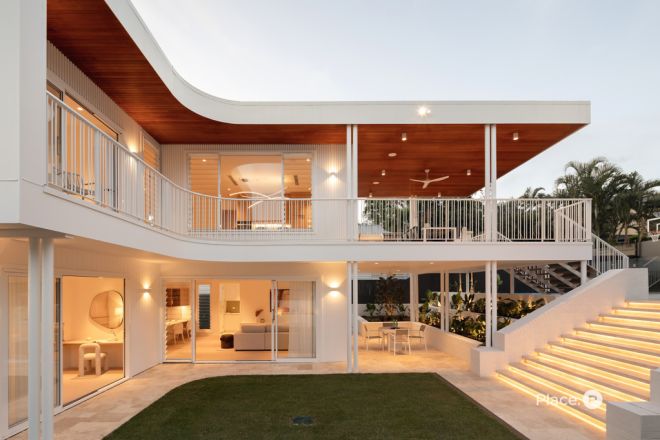
Lord is marketing 26 Overend Street at Norman Park, in Brisbane’s inner east, originally a very pretty yet relatively modest timber character home on 810 square metres of land.
The very first public record of it changing hands is in 1986, when it sold for $62,500. It’s been bought and sold a number of times since then, but its current owner, who purchased it two and a half years ago, has worked tirelessly since then to completely reimagine it.
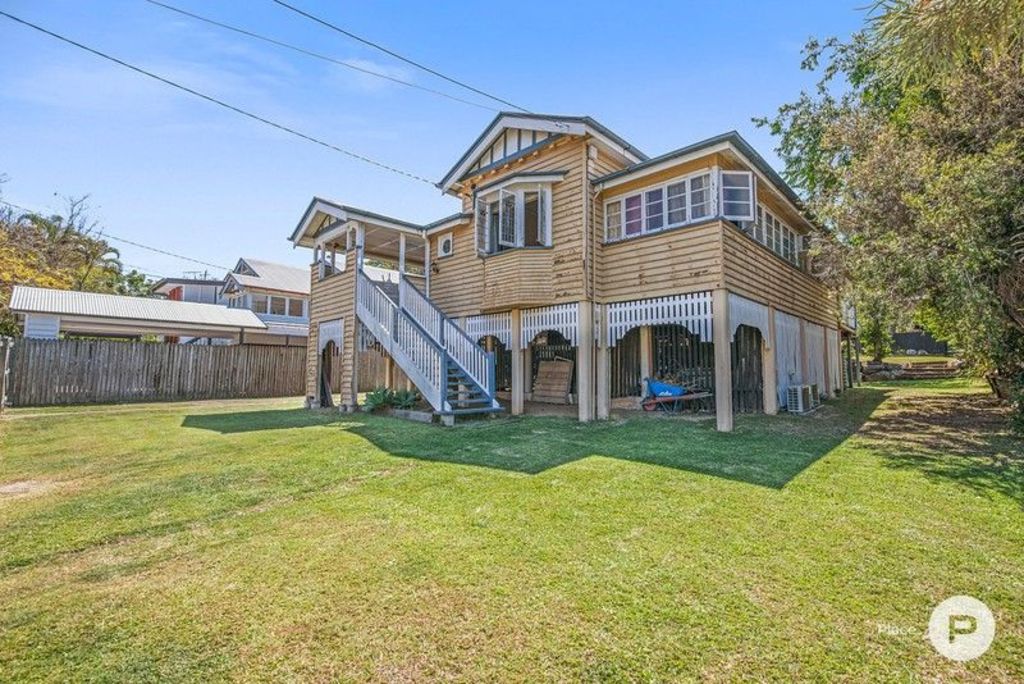
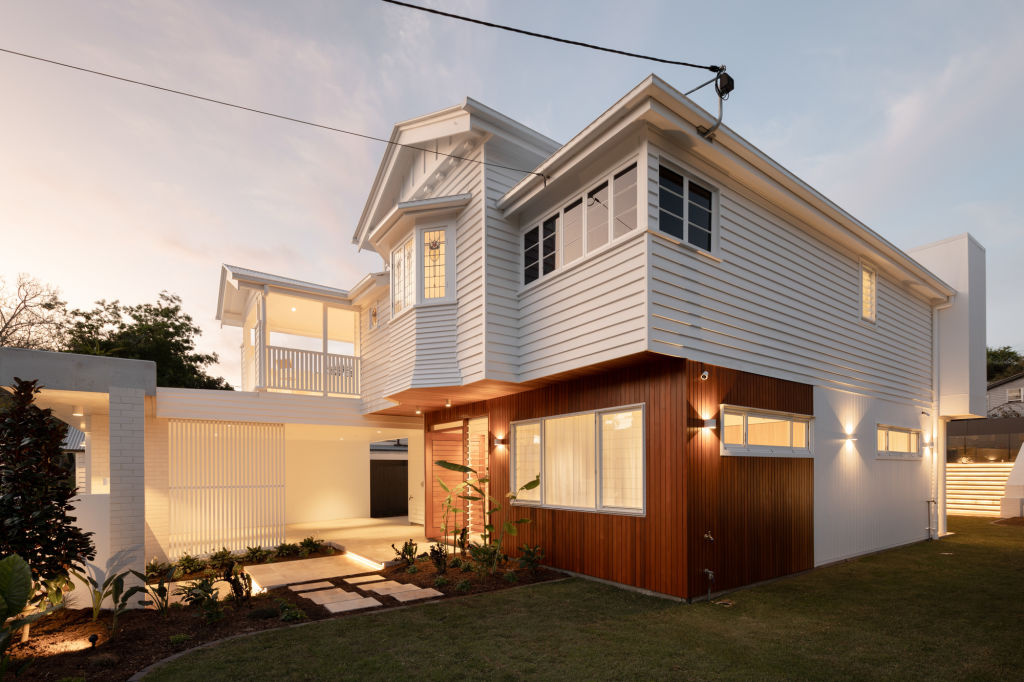
“Most builders don’t want to deal with Queenslanders,” Lord says. “They have to be stripped right back … it takes more thought and money. You can’t ping these homes out in six months.
“But this owner was determined to take it on, and his goal was to create the ultimate family home that got kids out of their rooms and off devices into multiple outdoor spaces. The attention to detail, the balance of the home and the outdoors, and the incredible architecture here that sits alongside the original … it’s next level.
“This is the sexiest house in Norman Park.”
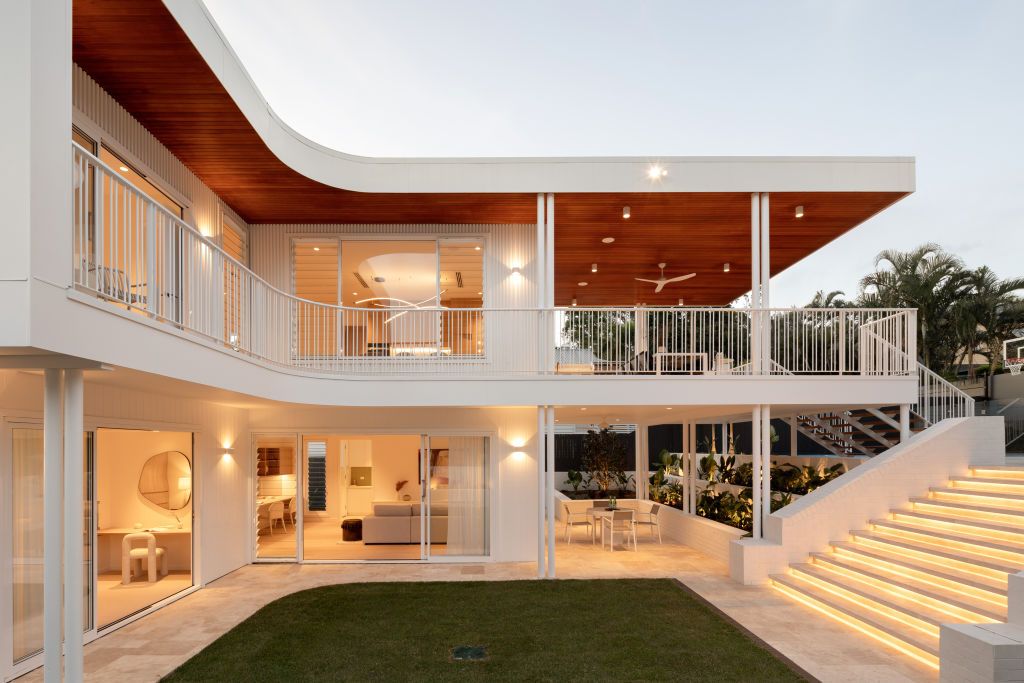
With five bedrooms, three bathrooms and jaw-dropping curves that offer functionality as well as architectural beauty, Overend Street, even in its rebuilt contemporary state, captures the essence of Queenslander living.
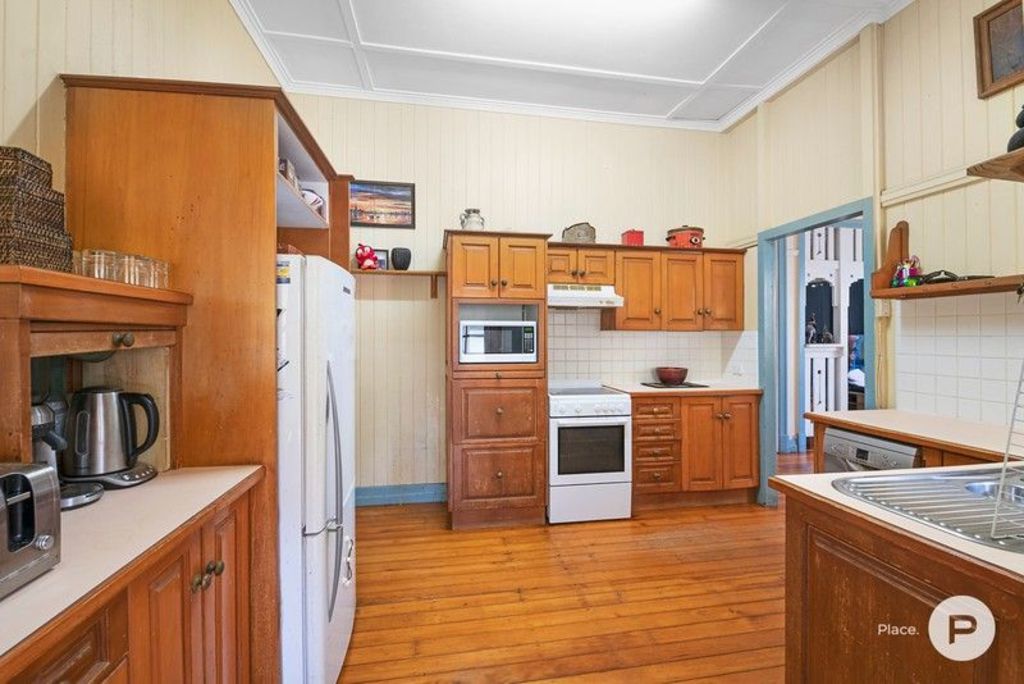
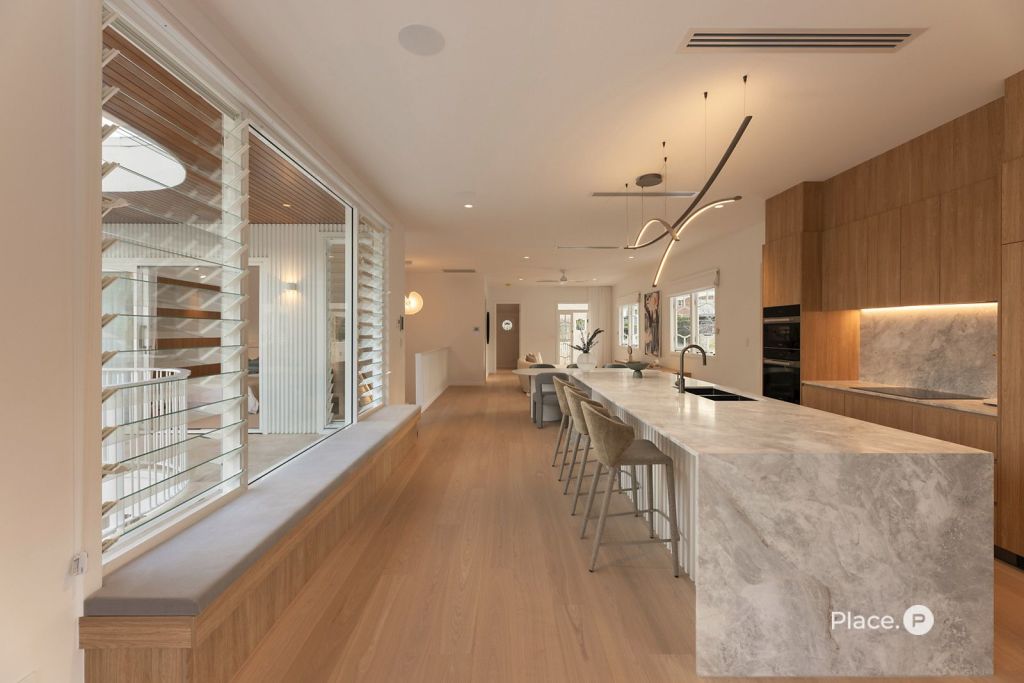
Multiple wraparound verandahs, cool, light-filled living areas that orientate to the north-east and interiors that offer high ceilings, louvred windows and timber floors are all reminiscent of what home owners love about Queenslanders, yet it is about as far away from its original state as possible.
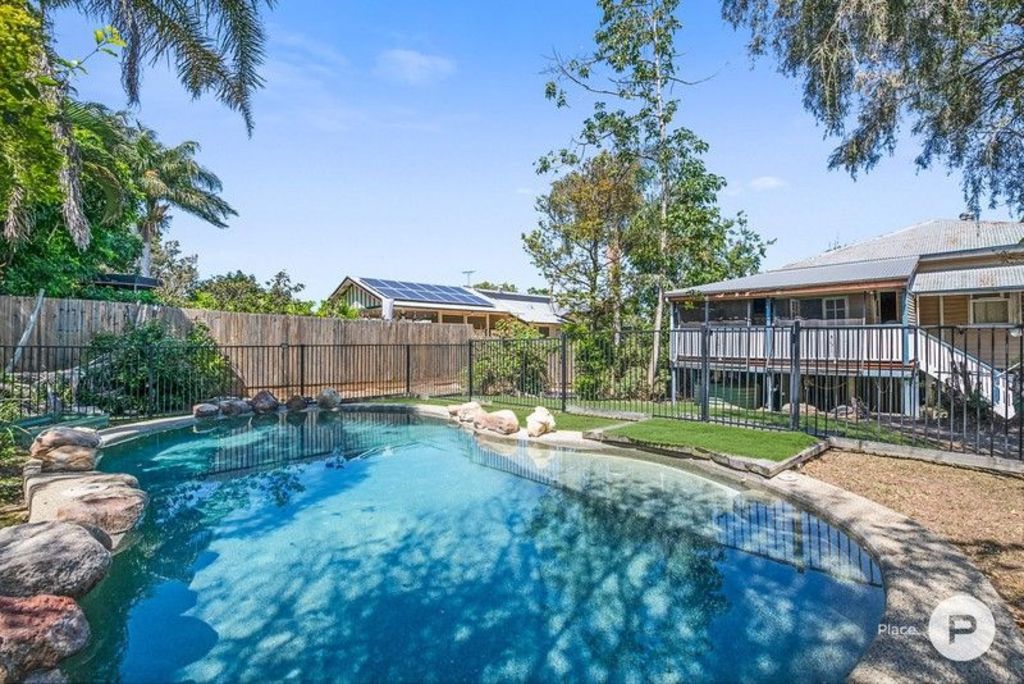
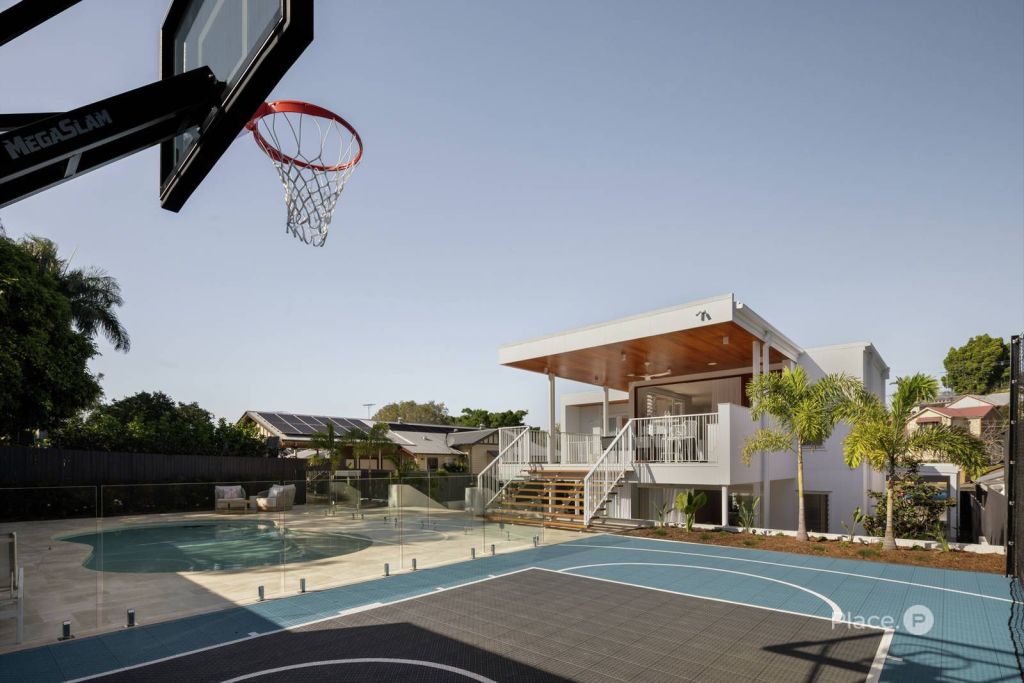
Brisbane’s property market boomed the same as every other capital city during COVID, but unlike other cities, the market has barely paused since then. Playing catch up to and overtaking southern states like Melbourne has added nearly $400,000 to the median house price since the beginning of 2020, according to Domain’s data.
That kind of growth has brought serious money – and confidence – into the city, says Tanya Douglas of Atlas by LJ Hooker Brisbane.
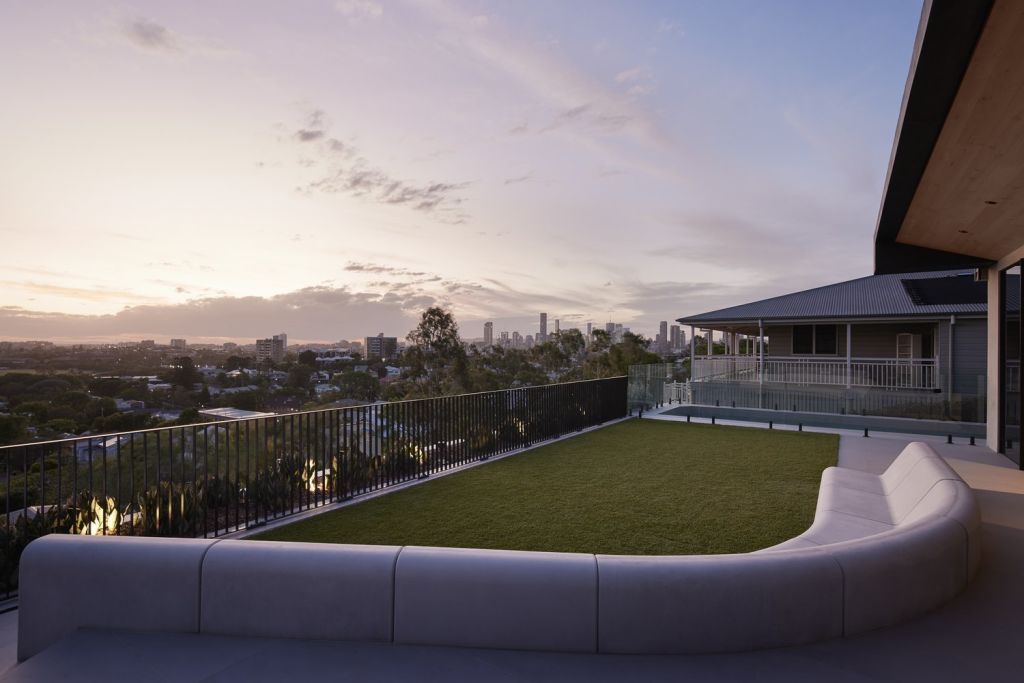
“The scale of the renovations and the work being done to Queenslanders now is next level. The houses coming through today are the best we’ve ever seen … they’re 10 times better than they were five years ago,” she says.
“Queenslander renovations have always been a bit of a labour of love but it was not long ago that owners were much more basic with their renovations. They were painting them white, they were lifting them up, a lot of them were the same old floor plan, the same facade,” she says.
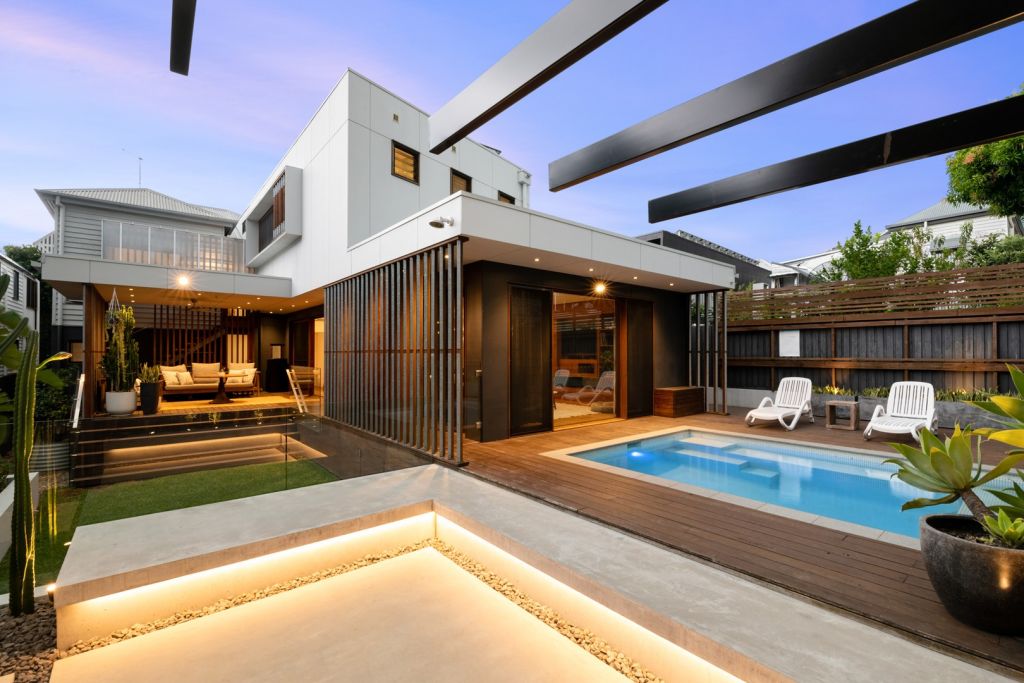
“Now we’ve got architectural drawings, we’ve got massive attention to detail. Every inch of these homes is carefully thought out and executed – no expense is spared. So, the labour of love is still there – the Queenslander still elicits a special feeling in people – but it’s now being done in a very different way.”
She’s selling a house at 49 Brisbane Street, Bulimba, and says its jaw-dropping renovation has stunned everyone who has walked through it, including the original owners.

“I took the brother and sister of the original owner through – they’d lived there for decades – as we went to market, and she said she was absolutely blown away. She said the transformation made her feel so proud.”
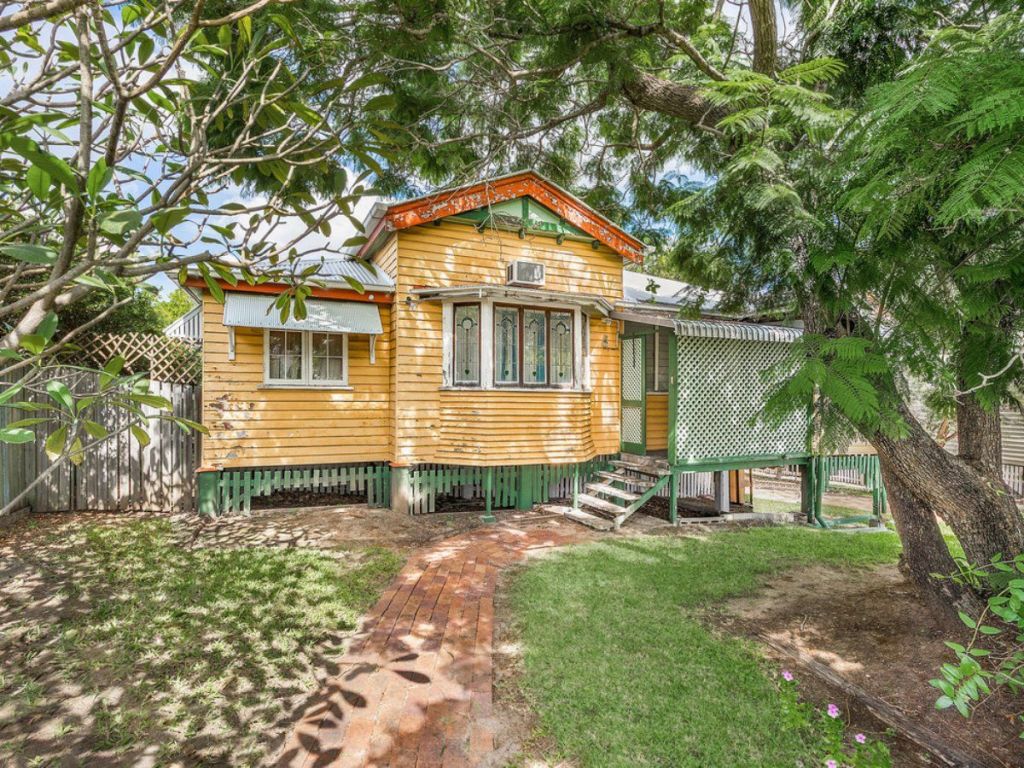
The house is a five-bedroom, four-bathroom renovation-rebuild hybrid, where the traditional facade belies far more modern interiors. It’s set on an 809 square metre block of land in a prime location within walking distance of the Bulimba ferry terminal and Oxford Street precinct. It’s for sale by negotiation.
Although the house still presents as a character home externally, it is barely recognisable; inside, it is a completely new home that features expansive spaces filled with natural light and contemporary and sophisticated fittings throughout.
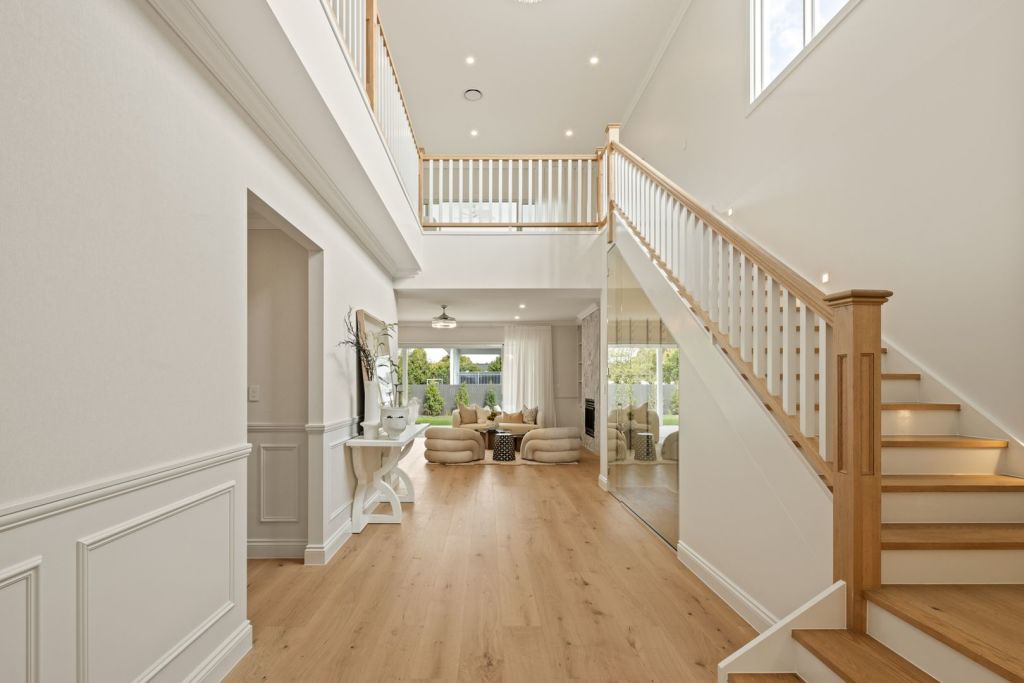
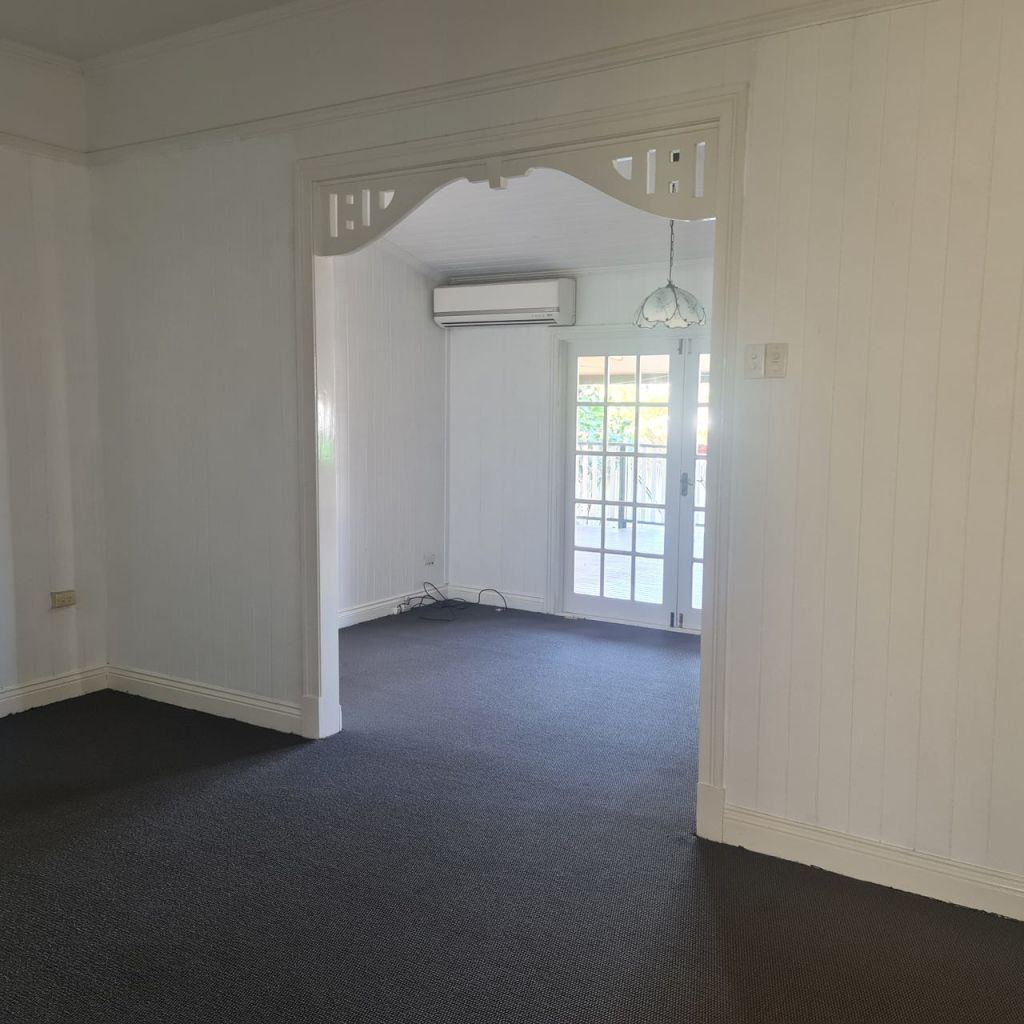
“The owners wanted every single detail to be perfect; they were incredibly meticulous about every single detail. So, while it may be look like a character home from the front, inside it is an incredible rebuild,” Douglas says.
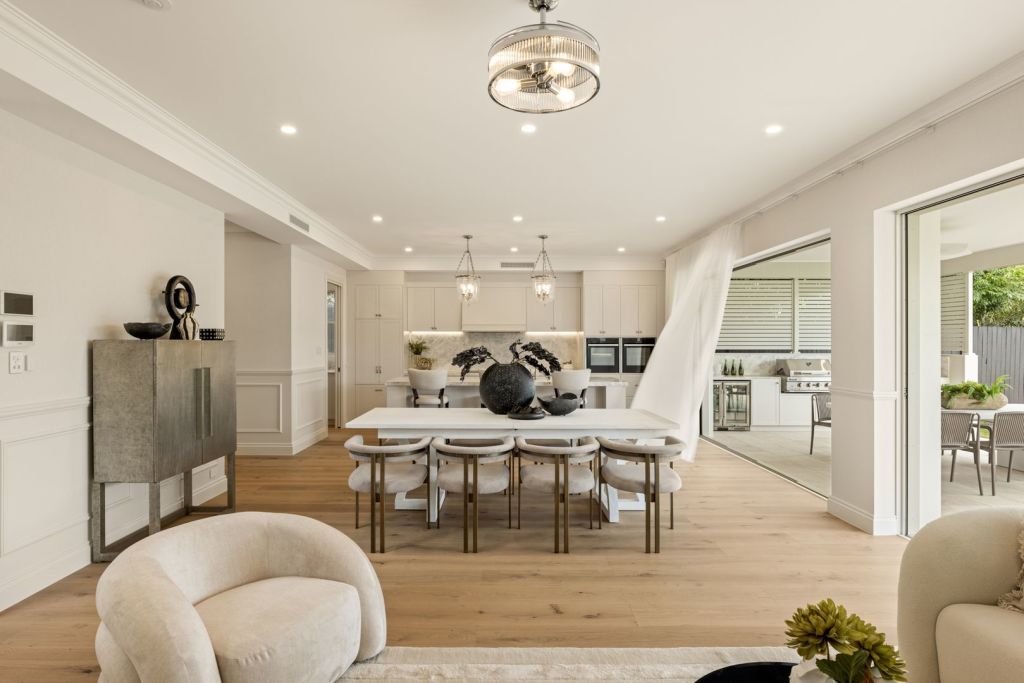
The ripple effect of big money being poured into large-scale architectural renovations and rebuilds means this is a force that will continue to gain momentum, Douglas says.
“When buyers can look around and see the money being invested in these homes – and the prices buyers are paying for them – it gives them the confidence to do the same, or take it even further,” she says.
“This is where Brisbane is going.”
We recommend
We thought you might like
States
Capital Cities
Capital Cities - Rentals
Popular Areas
Allhomes
More
